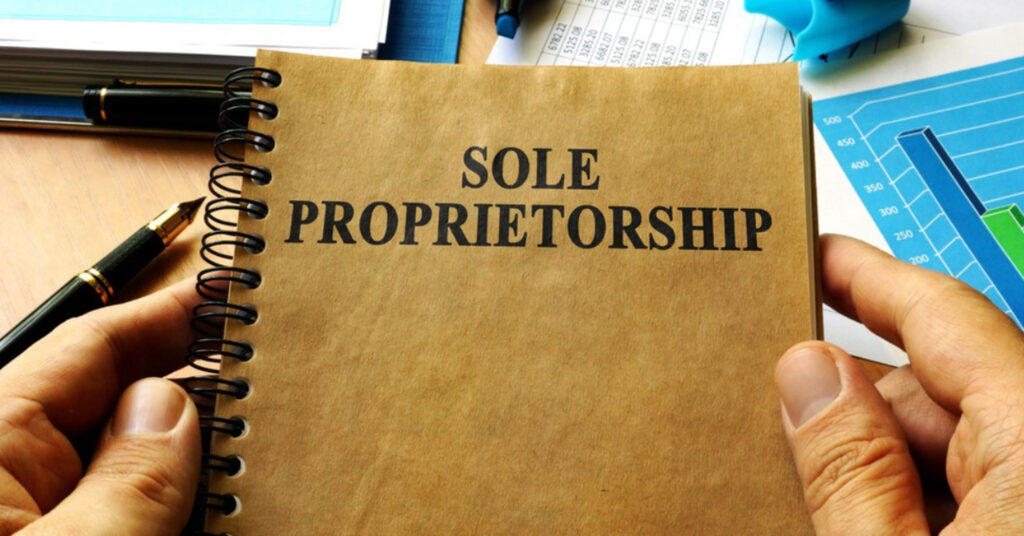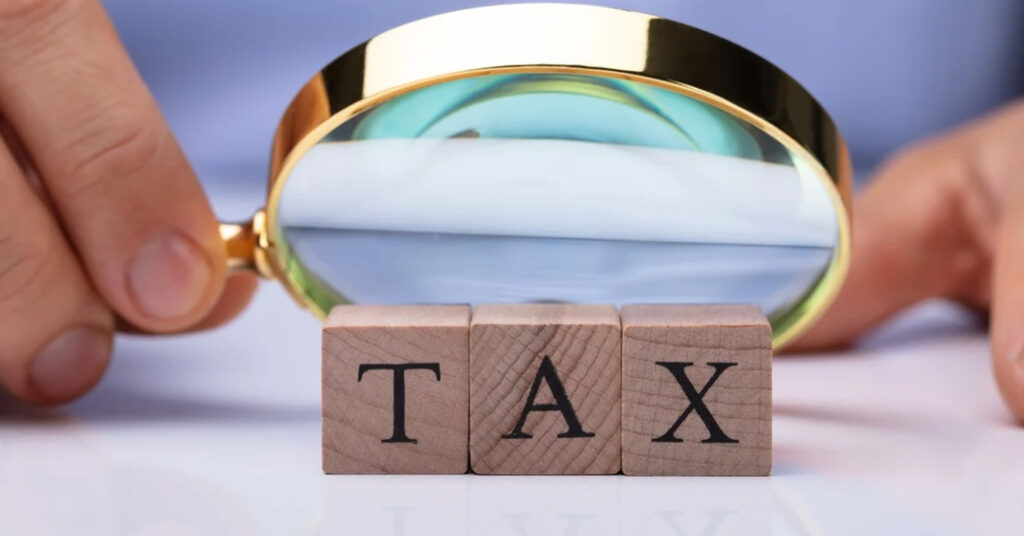Sole Proprietorships

The taxation of sole proprietorships is relatively straightforward; all income and expenses are placed on Schedule C of the taxpayer’s Federal Form 1040, with allowances made for returns (deducted from gross revenue). There are, however, a few issues to be aware of. The first issue is whether you are operating under your own name or […]
Discharge of Indebtedness

Generally speaking, the discharge of indebtedness yields income to the recipient. However, in following instances, no income is recognized; >Gross income does not include discharge of indebtedness if the discharge occurs in a Title 11 bankruptcy case. To qualify for the exclusion under this provision, the taxpayer must be under the jurisdiction of the Bankruptcy […]
Are you paying too much in SE Tax?

The tax code allows for corporations to make an “S election”. By electing to be treated as an S corporation, the business is nominally a traditional corporation for legal purposes (with all the usual requirements to establish and maintain a corporation), but is taxed as a pass-through entity (similar to a partnership). This allows businesses […]
20% Pass Through Deduction

Pass through business entities (Partnerships,LLC’s,LLP’s, S Corps) are subject to the pass through deduction of 20% of its income limited by its total taxable income & further limited by the greater of 50% of wages or 25% of wages + 2.5% basis in property. The deduction is available to all pass through conduits with the […]
Venue for actions under the Fair Debt Collection Practices Act

Pursuant to the Fair Debt Collection Practices Act, a debt collector must bring an action either where the consumer resides or where the consumer signed the contract. The jurisdiction where the action is brought determines the statute of limitations, with some exceptions. If the debt collector fails to bring an action according to the aforementioned […]
Licensing of Massachusetts collection agencies

Pursuant to Massachusetts Law, a debt collector (an entity which collects consumer debts either for itself or on behalf of another ) must be licensed by the Massachusetts Division of Banks to conduct business within the Commonwealth. However, according to Massachusetts Division of Banks Opinion O06060, a “passive debt buyer” ( an entity which merely […]
Harassing calls from collection agencies

Pursuant to 15 U.S.C 1692c (c), you have the right to send the collection agency a “cease and desist” letter which would bar them from contacting you further. If they persisted, you may have an action against them which, if successful, would entitle you to actual damages, statutory damages (up to $1000), costs and reasonable […]
Guidelines for electronic recording

The rules and regulations governing the surreptitious recording of a conversation are complex and depend upon a number of factors, all of which are governed by both state and federal laws. The unlawful recording of a conversation may subject the offender to both civil and criminal penalties. 1) Do all parties to the conversation consent […]
Death & credit card debt

Generally speaking, pursuant to Massachusetts General Laws, Chapter 209, Section 9, one spouse shall not be liable for the debts of the other spouse, but a married woman shall be liable jointly with her husband for debts due, to the amount of one hundred dollars in each case, for necessaries furnished with her knowledge or […]
Communication by debt collector with third parties

A debt collector may not communicate, in connection with the collection of any debt, with any person other than a consumer, his attorney, a consumer reporting agency if otherwise permitted by law, the creditor, the attorney of the creditor, or the attorney of the debt collector, without the prior consent of the consumer, the express […]
